Research reveals employee and worker owned businesses (EOBs) tend to be more profitable and go further for employees, communities and the planet than non-EO peers.
New research suggests the fast-growing UK employee ownership sector is markedly outperforming the UK’s national productivity trend whilst simultaneously contributing to employee wellbeing, fair pay, community resilience and commitment to net zero.
In the most ambitious study of its kind, independent researchers surveyed over 9% of the UK’s 1,650+ EOBs and compared results to a control group of non-EOBs. They found that EOBs are 8-12% more productive based on Gross Value Added (GVA) per employee.
The study links that productivity uplift to a range of powerful additional findings, including:
- EOBs return twice as much in bonuses and dividends to employees
- EOBs were five times less likely to make people redundant in the last three years
- EOBs tend to pay higher minimum annual wage by roughly £2,900 and are over twice as likely to hold accreditation for fair pay
- EOBs provide more supported access to private healthcare, mental health resources and flexible working
- EOBs invest on average 12% per annum (£38,000) more in on-the-job training and skills
- 83% of EOBs reported increased employee motivation since adopted an EO model and 73% reported increased job satisfaction.
The commissioners of the report, the sector’s trade body the Employee Ownership Association (EOA) argues that by investing more in their people these businesses are driving the kind of growth the UK is in desperate need of – growth that promotes a stronger and fairer economy, more resilient communities and a cleaner planet:
- Economy: EOBs create more good jobs, are more likely to generate profits and invest more in research and development (R&D). EOBs make up just 0.1% of UK businesses but drive 0.8% of direct GVA and 1.7% to 2.1% of overall economic activity (combining direct, indirect and induced GVA) – a £32bn-£41bn contribution.
- Communities: EOBs are almost three times as likely to offer volunteering days and in aggregate contributed over £500m more to community causes than non-EOBs.
- Planet: EOBs are more likely to have a Net Zero strategy and wider environmental sustainability accreditations in place.
People powered growth: The rapid rise of employee and worker ownership in the UK is the first output from the EO Knowledge Programme, a two-year project to create a new baseline for understanding the impact of EOBs in the UK economy. That Programme has been led by Ownership at Work in partnership with independent research firms including WPI Economics and DJS research. WPIE Economics (with additional input from DJS Research) have published their findings in full in a longer more detailed report entitled Exploring the potential of the employee owned business model: A deep dive into the economic, people, societal and environmental benefits. Further outputs will be published before the end of 2023 including a deep dive into management best practice in EOBs.
